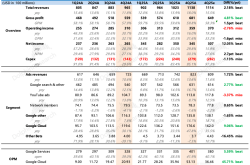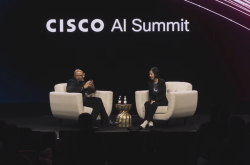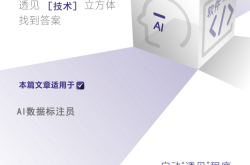Exclusive interpretation from a former Silicon Valley VC expert: Behind Perplexity's $34.5 billion offer for Chrome
![]() 08/13 2025
08/13 2025
![]() 537
537
The air in Silicon Valley, besides the smell of code, is now filled with the scent of gunpowder.
Early yesterday morning, Beijing time, the entire tech world was rocked by an "unsolicited" acquisition claim. Perplexity, a newcomer in AI search that has only been in business for three years, officially submitted a $34.5 billion all-cash acquisition offer to Google, targeting Google's lifeblood - the Chrome browser business.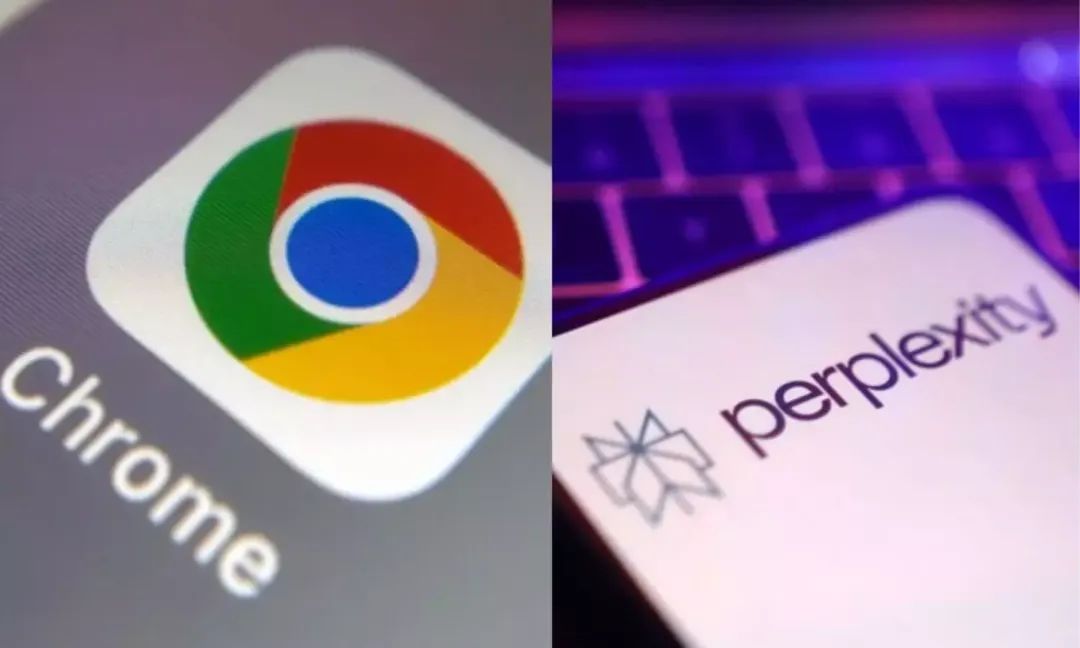
This is arguably the boldest and most insane "snake swallowing elephant" event in tech history since the 21st century.
It should be noted that Perplexity's valuation after its latest round of funding in July this year was "only" $18 billion, and this offer is almost twice its current size. A new player who has just joined the table is directly charging towards the old dominant player who has ruled the internet access for more than a decade.
The timing is extremely tricky - it coincides with a critical window before the final "judgment" in the U.S. Department of Justice's antitrust lawsuit against Google. This is not just a simple commercial acquisition; it is more like a well-calculated strategic conspiracy that strikes at the heart of the matter.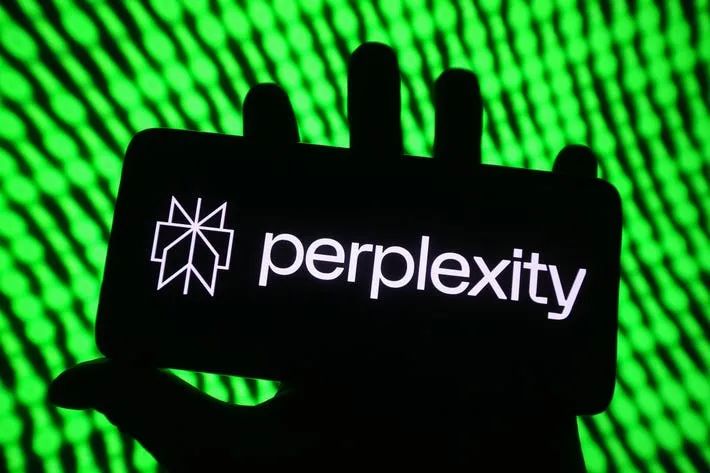
Understanding Perplexity: Who is it? To understand this storm, we must first see clearly the protagonist in the eye of the storm - Perplexity AI.
To understand this storm, we must first see clearly the protagonist in the eye of the storm - Perplexity AI.
Founded in 2022 by former Google AI researcher Aravind Srinivas, this company is not a traditional search engine. It positions itself as an "answer engine". When you ask a question, it will not throw a bunch of blue links at you like traditional search engines; instead, it uses large models to understand and integrate information from the entire internet to generate a precise answer with clear logic and links to all sources.
This "one-stop" experience has quickly captured a large number of users who have high requirements for information efficiency.
The speed of its rise can only be described as "terrifying":
Early 2024: Valuation of $500 million
May 2025: Valuation soared to $14 billion
July 2025: Valuation reached $18 billion after the latest round of funding
In just one and a half years, its valuation surged 36 times. Its list of investors is almost a who's who of Silicon Valley power brokers: Amazon founder Jeff Bezos, NVIDIA, Databricks, and even Turing Award winner Yann LeCun are among its supporters.
Although its annual recurring revenue (ARR) is less than $100 million, the market has given it an astonishing price-to-sales ratio of 180 times. Behind this is the capital market's crazy bet on the "next-generation information access point".
And this company has never hidden its ambition. It has rejected Meta's acquisition offer and even boldly proposed a merger with TikTok's U.S. business in January this year. Every step reveals its desire to become a platform-level player.
Killing three birds with one stone: The "conspiracy" behind the $34.5 billion offer
Perplexity's move at this moment is not impulsive. It is a classic business war case that leverages law, capital, and public relations to the extreme.
First level: Leveraging force against force to cater to regulation.
What is the core of the U.S. Department of Justice's antitrust lawsuit against Google? It is accusing Google of using its market position (especially through Chrome and the Android system) to illegally set its own search engine as the default option, stifling competition.
Currently, the case has entered a stage where the judge is considering "remedial measures". And the most radical and thorough solution proposed by the Department of Justice is to "forcefully divest Chrome".
Perplexity's acquisition offer is like handing a "ready-made solution" to the judge. It proudly declares in its letter that handing Chrome over to itself, an independent AI challenger, is most in line with the "highest standards of public interest" and can permanently break Google's control over internet access.
To increase its persuasiveness, it has also offered a series of seemingly irresistible conditions: continuing to maintain the Chromium open-source project and safeguarding the industry ecosystem. Investing more than $3 billion in Chrome and Chromium over the next two years. After the acquisition, Chrome will continue to use Google Search by default, but users will be given the right to freely switch. This is almost a "standard answer" written in accordance with the terms of the antitrust bill.
Second level: Raising self-value and defining the racetrack. Regardless of the outcome of the deal, Perplexity has already won.
Through this offer, it declares to the world: I am the most worthy challenger to Google.
The final outcome of AI search must be deeply tied to browser/operating system-level access points.
I, Perplexity, have the ability, ambition, and (potential) financial resources to play this final battle.
This action has greatly enhanced the company's industry status and "narrative ceiling", paving the way for its next round of funding or even future IPO.
Third level: Leveraging capital and exerting extreme pressure.
Perplexity claims to have obtained full funding support from multiple large venture capital funds. Although it has not disclosed specific names, the signal it sends is clear: The "old money" and "new money" in Silicon Valley have united to reshape the old order dominated by traditional giants.
The final outcome of this acquisition battle will hinge on the judge's final ruling. Although most analysts believe the possibility of forced divestiture is low, the judge's question in the trial, "Would divesting Chrome be a simpler, more elegant option?", still leaves the market with huge room for imagination.
Regarding this incident, we immediately connected with a core expert from the Silicon Rabbit expert team. He was a partner at a top-tier Silicon Valley VC firm, led multiple investments in AI application layer companies, and has profound insights into platform competition in the AI era.
He summarized the "subtext" behind this acquisition that truly deserves the attention of secondary market investors in three sentences:
"This is first and foremost a 'valuation definition' event, not an acquisition event. Perplexity's true purpose is to use the number $34.5 billion to forcibly anchor a value scale for 'AI-native access points' in the minds of the capital market. This is essentially a cost-effective, textbook-level narrative marketing strategy, aimed at telling Wall Street: Don't value me using SaaS logic; please view me from the perspective of platform revolution."
"The real battlefield is the competition for 'default rights' and 'data flow'. The core value of Chrome is not its code, but the 'default browser' status of over 3 billion users worldwide and the endless stream of user behavior data generated from it. Perplexity knows that without an access point, no matter how good an 'answer engine' is, it will only be a potted plant in the garden of giants. This move is a declaration to the market that the war in the AI application layer has entered the second half, and the focus of competition has shifted from model capability to control over distribution channels and user habits."
"For investors in the secondary market, the success or failure of this deal is not important. What is important is that it reveals a profound change that is taking place: AI is revaluing all 'access point assets'. Whether it's browsers, operating systems, or super apps, whoever becomes the preferred access point for AI may see their valuation model completely rewritten. Investors need to immediately review their investment portfolios and consider which companies have mastered this 'toll booth of the AI era' and which companies' 'moats' are being eroded by this unexpected dimensional attack."

